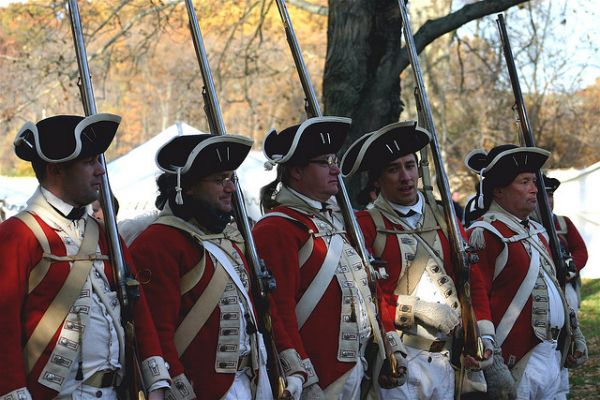The
Third Amendment to the US Constitution gets less respect than the other
amendments in the Bill of Rights. It has been used in Supreme Court
cases fewer times than the rest, and on the surface, seems hopelessly
antiquated. It says, "No soldier shall, in time of peace be quartered in
any house, without the consent of the owner, nor in time of war, but in
a manner to be prescribed by law." Now, that was a problem when we were
a colony in the British Empire, but no one regards it as a possibility
now. Or do they? California assemblyman Mike Gatto believes the
amendment could be used to prohibit the National Security Agency (NSA)
from spying on American citizens.
Let's examine
whether a case may be made. The National Security Agency is part of the
Department of Defense and therefore of our nation's military. By law,
the NSA director must be a commissioned military officer, and per its
mission statement, the NSA gathers information for military purposes.
That's strong evidence that NSA personnel would qualify as soldiers
under the 3rd Amendment.
And why did the framers prohibit the
government lodging soldiers in private homes? Besides a general
distaste for standing armies, quartering was costly for homeowners; it
was also an annoyance that completely extinguished a family's sense of
privacy and made them feel violated. Sound familiar?
It’s
been said many times that the US Constitution guarantees no right to
privacy, but a broad interpretation of the Third Amendment might
actually include some expectation of privacy. Ars Technica lays out
some of the pros and cons of this argument.


No comments:
Post a Comment